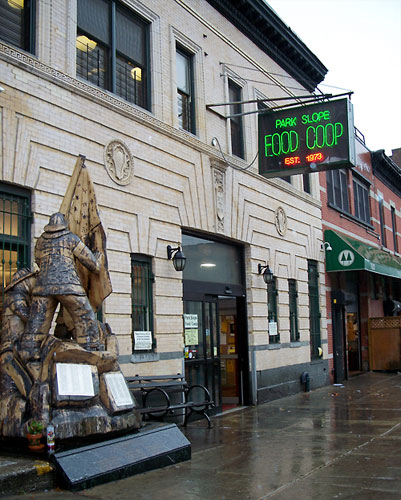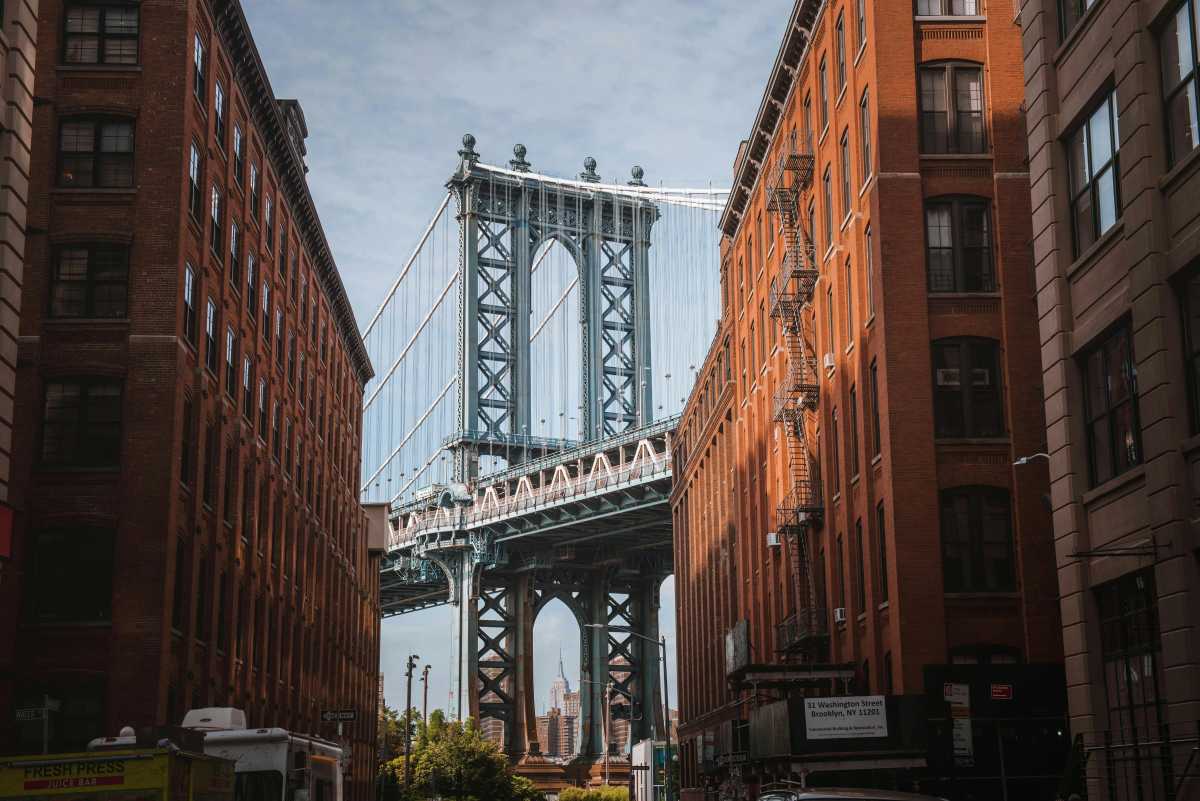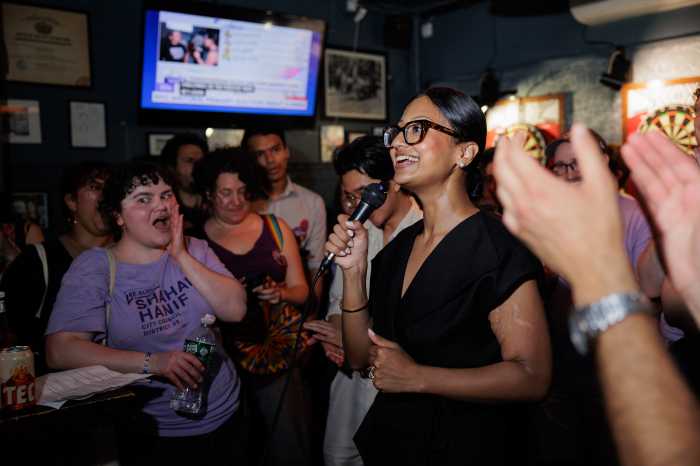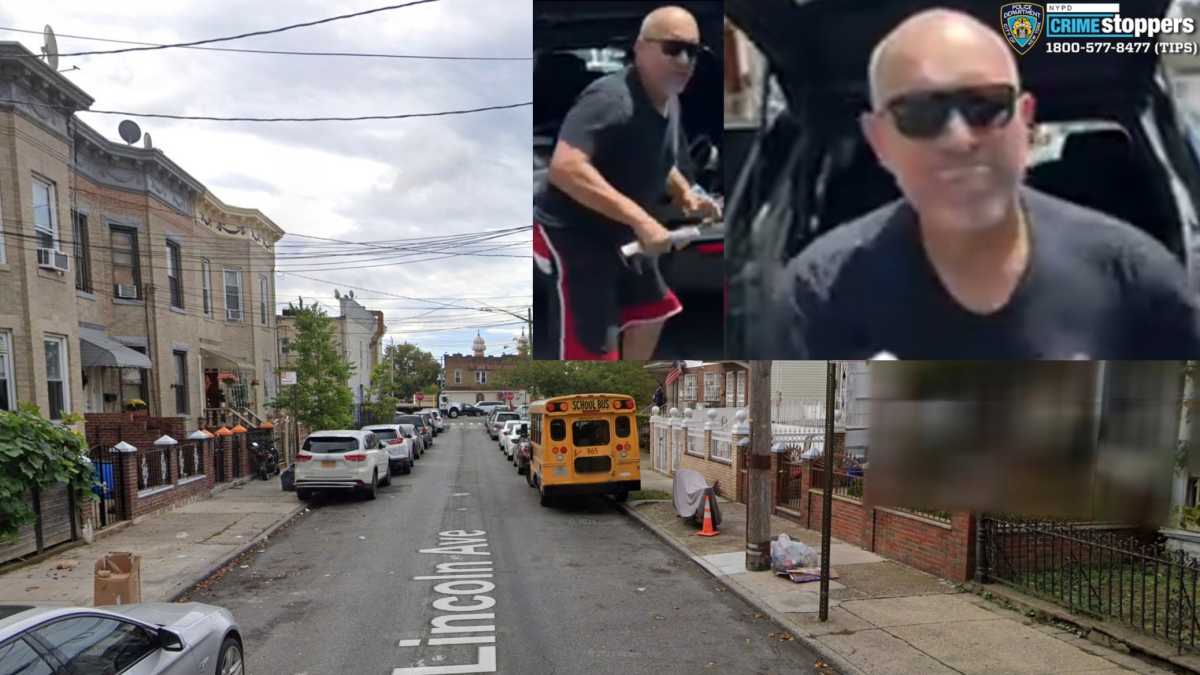Let them eat hummus!
A wildly controversial ban on Israeli-made or -grown products over alleged human rights violations in the homeland first proposed two years ago will get an airing at the Park Slope Food Co-op, a plotz-worthy development for pro-Israel members who say the boycott amounts to nothing short of anti-Semitic venom.
Members who collectively call themselves More Hummus Please — a reference to the whipped chickpea spread imported from the Land of Milk and Honey — are trying to convince ban backers to bury the boycott once and for all, before the controversial proposal ever comes to a vote.
“Most people, unfortunately, join things without thinking,” said Harvey Lang, a member of the private Union Street market since 1988. “I’m really afraid that people will join a movement that is evil.”
The boycott was first broached in the 16,000-member market’s newsletter, the Linewaiter’s Gazette, in 2009, setting off an international firestorm of media coverage.
“I don’t know whether or not we carry Israeli products,” said the woman, who identified herself as Hima, “but I propose that we no longer carry them.”
But the wheels of social justice turn very slowly at the Co-op, where proposals don’t become Co-op law until exhaustive debate. And in the case of Hima’s “proposal,” that debate didn’t happen. Until now.
Members supportive of a campaign to boycott, divest and sanction Israel for alleged human rights violations against Palestinians recently submitted the proposal to the Co-op’s Agenda Committee — the first step on the road to a vote at the general meeting, the co-op equivalent of a New England town hall.
A debate could come as early as June or July.
Ban opponents said their goal is to win over members who are usually more interested in pomegranates than politics. As such, a strategy session was organized on Sunday to clarify that goal, and come up with a name for their group — which opponents hope is catchy enough to win over the majority of Co-op members who have no stake in Middle East politics.
“People come to the Co-op to buy food, and they are not always aware of what’s going on when people try to promote a political agenda there,” said member Barbara Mazor, who organized the meeting at Congregation B’nai Jacob on Ninth Street.
“They will say that human rights are being violated in Israel — and we are here to say, no, that’s not happening,” she said.
Boycotts are nothing new at the food Mecca. Members have previously banned products from South Africa during Apartheid; plastic bags; and a Williamsburg kosher food company over a labor dispute.
So, nu, what makes this boycott different from all other boycotts?
“This boycott is about destroying the Jewish state. It is about not being willing to have Jewish sovereignty in the historical homeland of Jews,” said Mazor. “It’s about denying Jews the right to self determination.”
And Jewish members who oppose it, say they are doing so in part to reverse a collective sense of victimization.
“Jews always feel that when somebody is trying to put us in the gas chamber, that we deserved it, that we should not respond to it. Those are the same people who attack Israel” said Esther Hertzel, a Crown Heights resident and 22-year Co-op member. “When Israelis were being killed by terrorists, then, ‘Fine, that’s what they deserve.’ But if Israel tries to defend itself, then they say, ‘Who gave you that right?’ ”

























